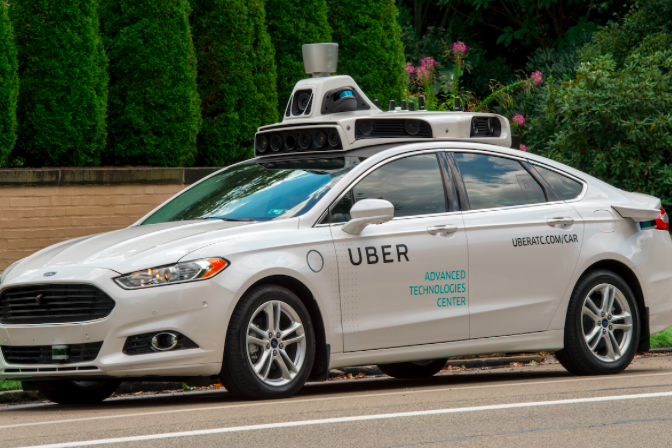
September 11, 2017
 Source/UberX
Source/UberX
Uber's self-driving vehicles hit the road in Pittsburgh.
In an ongoing bid to become the nation's "proving ground" for self-driving cars, Pennsylvania officials convened in State College on Monday for the first official summit to review various aspects that will impact the industry's nascent growth.
Led by PennDOT and the Department of Community and Economic Development, the Automated Vehicle Summit brings about 300 transportation officials, academic and industry experts, public officials, planners and industry partners to the table to discuss how the technology will shape the next generation of travel.
Federal guidelines for self-driving cars were released late last year, providing encouragement for PennDOT to move forward with its analysis of safety, infrastructure and regulatory questions surrounding the deployment of automated vehicles. A state task force on the development of these vehicles has been working with industry leaders since last summer.
"Automated vehicle technologies will bring significant safety and economic advances, and we need to remain at the forefront of developing them safely," PennDOT Secretary Leslie S. Richards said. "This summit is a chance for our partners to understand the changes and opportunities that are coming to Pennsylvania, and how they can best leverage them."
A year ago, Uber deployed its first fleet of self-driving vehicles from the Advanced Technology Center in Pittsburgh, where it has also partnered with Carnegie Melon University on a test track for its expanded riverfront facility.
Panel discussions at the summit in State College cover issues including timelines for the broad deployment of driverless cars, law enforcement and first responder interaction with autonomous vehicles, and the economic and social impacts of a shift to automation in multimodal transportation.
Advocates of self-driving cars point to their potential to minimize car accidents, reduce roadway congestion and improve the efficiency of commercial trucking. Critics often cite safety concerns and the workforce fallout of widespread automation as reasons to tread carefully with autonomous vehicle development.
The summit is hosted by the Pennsylvania Intelligent Transportation Society and the Mid-Atlantic Section of the Institute of Transportation Engineers.
More information about the state's plans for autonomous vehicle development can be found here.